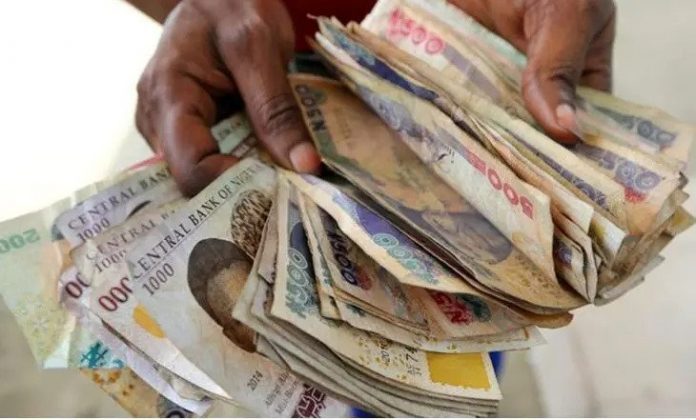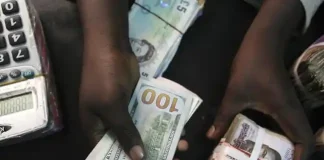Nigeria’s currency, the naira, continues to lose value as pressure on the foreign exchange (Forex) market results from a persistent shortage of US dollars in an economy that is heavily dependent on imports for both production and consumption.
Despite all the efforts made to encourage the influx of foreign currency into the economy, the supply of FX through the official window has continued to fall short of average demand. The central bank devalued the naira significantly as a result. Speculative operations are still thriving despite a June move to devalue the local currency to align with the open market rate.
The difference in foreign exchange rates (FX spread) between the official and black market rates increased beyond N200 per US dollar as the continent’s largest in terms of GDP’s foreign inflows from crude and non-crude oil remain underwhelming.
Again, an assessment from an investment business suggests that Nigeria’s foreign reserve position is overstated. Nigeria has a negative balance in its external reserves, according to estimates by Cordros Capital.
At the Investors and Exporters FX windows, the Naira lost value versus the US dollar and was trading at N774.77, down approximately 4% from its opening spot rate of N744.10.
However, the Naira gained to N942 in the parallel market, where there was a little increase of 0.32% versus the US dollar as negative activity in the world oil market resumed.
WTI crude shed 2.59% to $80.37 per barrel on Tuesday, while Brent crude dropped 1.92% to $84.56 per barrel. The poor economic statistics from China caused increased demand fears, which exceeded supply restrictions, and oil futures fell.












